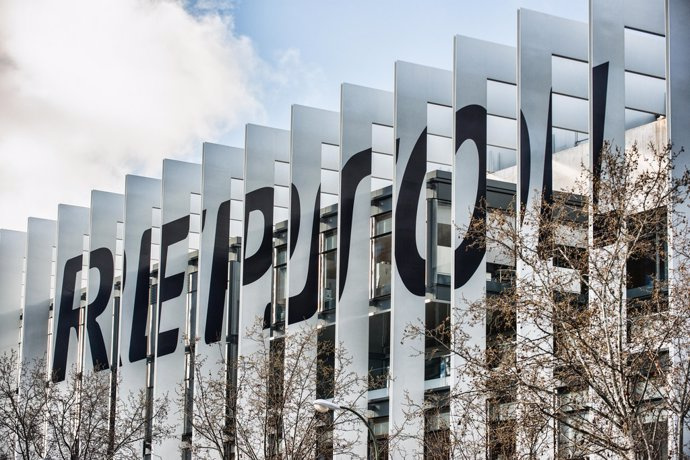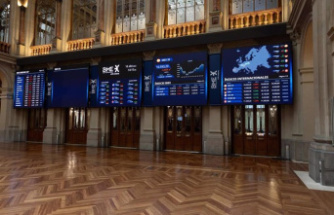MADRID, 28 Mar. (EUROPA PRESS) -
Repsol is making progress in its commitment to promoting synthetic fuels in Spain after having received approval for the 'megaproject' to be developed by its subsidiary Petronor in Bilbao.
Specifically, the board of directors of the Port Authority of Bilbao has given the green light to the so-called 'decarbonization hub' led by the energy company, which includes a synthetic fuel plant, sources familiar with the agreement informed Europa Press.
According to the newspaper 'El Correo', the total investment will exceed 200 million euros and earthworks will begin between the next three months of April and July.
These projects are part of the commitment of the group led by Josu Jon Imaz to decarbonization to achieve the goal of net zero emissions in 2050.
The synthetic fuels plant, which almost a year ago received the company's investment decision and will cost more than 160 million euros, will have a 10 megawatt (MW) electrolyzer that will use renewable energy to produce hydrogen.
With a production of about 2,000 tons per year, it will provide sustainable fuels for cars, trucks, ships or airplanes without the need to make modifications to the engines and are, therefore, a real option for the decarbonization of sectors such as aviation or heavy transport that They do not have an alternative in electrification.
Another project in the Port of Bilbao will be a pyrolysis plant, which is expected to begin construction in 2026 and in which marine biofuel and circular economy plastics will be generated. Likewise, the construction of two storage tanks will be included.
Repsol has another project for the start-up of a 100 MW electrolyser at the Muskiz refinery (Vizcaya), although it would be on 'stand by', until the company has some clarity regarding the final design of the Government's special tax for energy, whose extension is intended beyond this year, although with modifications introducing incentives for 'green' reinvestment.
The promotion of 100% renewable fuels is part of Repsol's strategic commitment, updated just a month ago. To achieve this, the group is facing the transformation of its industrial complexes into multi-energy hubs capable of processing a wide range of residual raw materials into products with a low, zero or negative carbon footprint.
With these projects, the company chaired by Antonio Brufau aspires to become a benchmark in renewable fuels, with a total production capacity of between 1.5 and 1.7 million tons in 2027 and up to 2.7 million tons in 2030 .
Currently, the company has more than 120 service stations with 100% renewable fuels and has the goal of reaching 600 by the end of the year and 1,900 in 2027.
In this sense, Repsol is carrying out the commissioning of its 250,000 tons per year advanced biofuels plant in Cartagena, the first on the Iberian Peninsula. The company is transforming another unit in its industrial complex in Puertollano (Ciudad Real) with the capacity to produce 200,000 tons of renewable fuel annually.
Likewise, in this commitment to biofuels, this week it closed an agreement with the American group Bunge to take a 40% stake in three industrial plants in Spain for a fixed amount of 300 million dollars (about 276.5 million euros). and that can be raised by another 40 million dollars (about 37 million euros) if certain conditions are met.
The company thus continues its push for renewable fuels in the midst of a collision with Iberdrola, which has filed a lawsuit against Repsol for unfair competition and accuses it of 'greenwashing', under the watchful eye of the third vice president of the Government and Minister for the Transition. Ecology and the Demographic Challenge, Teresa Ribera.













